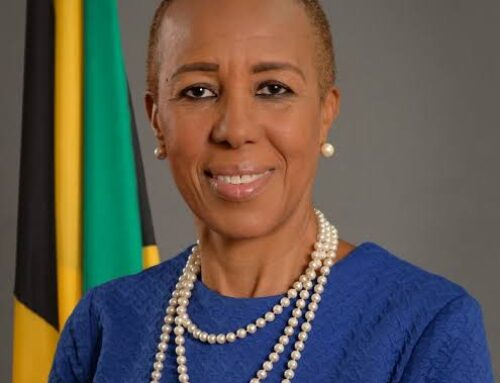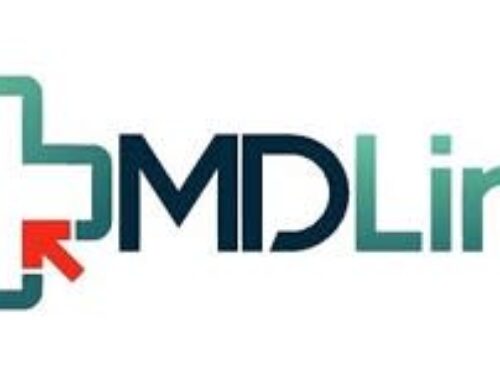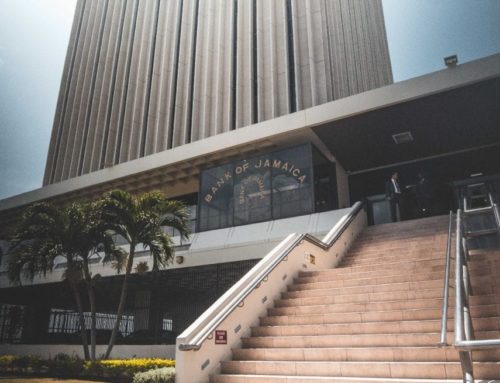
BOJ Warns Against Significant Wage Increases!
Why is BOJ Governor Richard Byles warning employers not to raise your pay? No sah! We want we money!
So the Bank of Jamaica has been facing a lot of heat recently following some statements from its Governor, Richard Byles.
At the BOJ’s most recent monetary briefing, Byles cautioned against “significant wage increases” from the private sector as it could lead to higher inflation.
And people were instantly like… woah, woah, woah bro, where was this energy when the parliamentarians were tripling their own pay?
Remember the Government just did a huge public sector compensation review and increased the salaries of most public sector workers. And of course, gave themselves a huge pay bump in the process.
At the time, the BOJ did say that all wage increases have some impact on inflation, but the total number reported for public sector increases would not have a huge impact on inflation.
But with Byles’s most recent statement, people are… frustrated and confused.
So let’s break down what Byles said. But first, we need to understand some terms.
Firstly, the private sector is any company or industry that is not owned or controlled by the government. If you own your own company, you’re part of the private sector. The public sector is the part of the economy that is controlled by the government, so teachers, nurses, police etc.
Labour productivity is the amount of goods and services that workers produce in a given amount of time.
Finally, in a tight labour market, there are a lot of jobs but not enough workers. In our case, Jamaica’s unemployment rate hit a record low of 4.5% recently. More people are working now than ever, but that doesn’t mean every job vacancy is filled. However, it does mean there are fewer people to fill those vacancies, so it’s considered a tight labour market.
Right, so what the Governor was saying is that in a tight labour market, if the private sector were to significantly – and this is a keyword here – significantly increase wages, to attract employees or keep the ones they already have, and productivity doesn’t go up, then the cost of living would go up.
Here’s the thinking behind it: higher salaries mean people will spend more, which would drive up demand for goods and services. More demand means businesses can charge more, so prices would go up. So if people are getting paid more without producing more, then boom! Inflation! Cost a living gone up!
The BOJ wants inflation to be between 4-6%. Jamaica has been just above that for the past couple of months. And remember we just talked about that PIOJ report that showed that Jamaicans are producing less.
So, you may see why the central bank might be worried.
The BOJ later clarified that Byles wasn’t saying no to any wage increases, just the “significant” ones *cough* like politicians. The bank said that pay raises at the level of the current inflation rate, 6-7% , wouldn’t have a huge impact on inflation.
Also, an important thing to remember is that the BOJ’s assessment and Byle’s statements are projections based on the facts as they are right now.
Things could change and impact their analysis of the situation. The labour market could free up and productivity could improve.
And that’s the bottom line.
Ask The Analysts
The Cast David Rose Business Writer, Observer Leovaughni Dillion Investment Research & Sovereign Risk Analyst at JMMB Group
R.A. Williams to list on JSE
The Cast Audley Reid CEO R.A. Williams Distributors Julian Morrison Founder, Wealth Watch JA











Leave A Comment